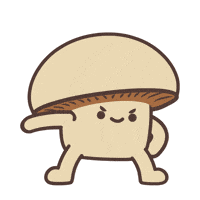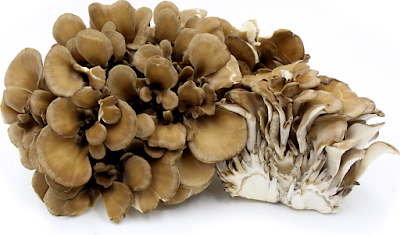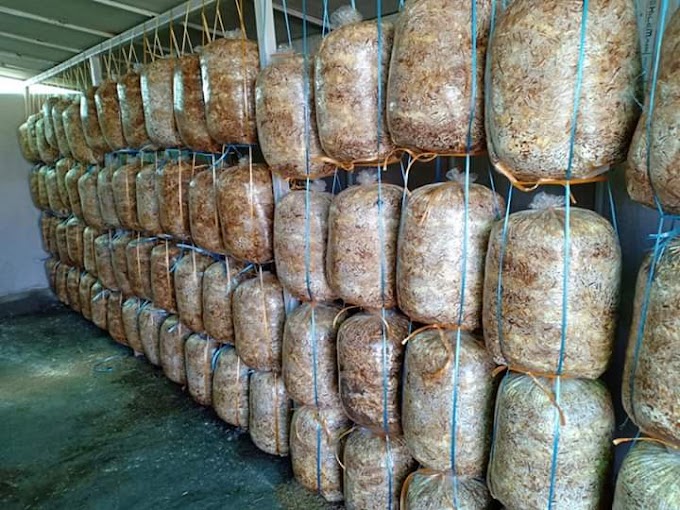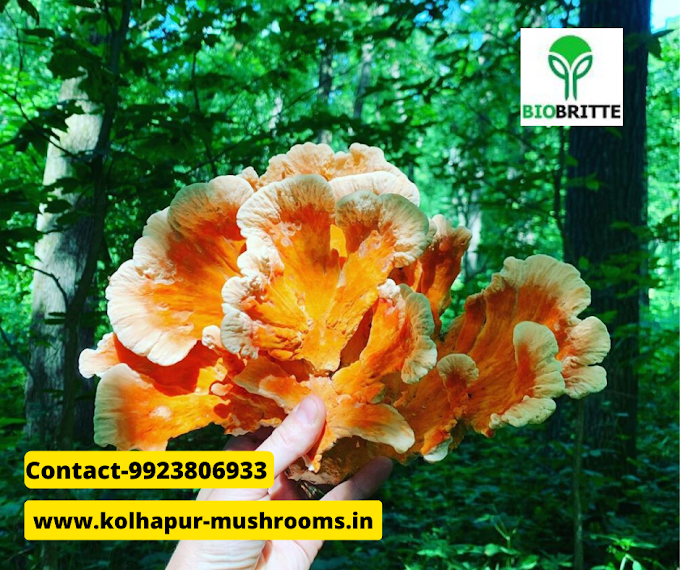Maitake Mushroom And Cancer | Anticancer Activity Of Maitake Mushroom | Maitake Mushroom In Cancer Treatment
Maitake mushroom (Grifola frondosa
(Dicks) Gray):
· Maitake
(Japanese for “dancing mushroom”) is an edible mushroom that grows in clusters
at the foot of oak trees. Maitake (Grifola frondosa) contains grifolan, a beta
glucan polysaccharide.
· This
activates macrophages which search and engulf foreign invaders in the body.
· Another
ingredient, termed d-fraction, stimulates the immune system at the cellular
rather than blood stream level.
· D-fraction
can be used on its own, but seems capable of enhancing the effect of cancer
drugs whilst reducing side-effects such as nausea and hair loss.
· For
medicinal purposes, maitake is used as a dried powder, hot water extracts, or isolated
fractions and compounds. β- glucan is the active polysachharide extracted or
isolated from fruiting bodies.
· This
is used in traditional Chinese and Japanese medicine to enhance the immune
system.
· Studies
have shown that it can enhance both the innate immune response to fight
infections as well as adaptive immune response conferring long-term immune
enhancement.
· Maitake
also protects cells with its antioxidant properties and decreases the inflammatory
factor COX2 enzyme so common in cancer physiology.
· Studies
have also shown that Maitake has potential anti-metastatic properties
inhibiting the proliferation and spread of cancer.






